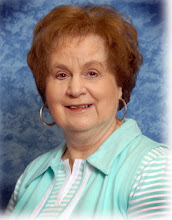In the four months following the surgery the family began to pick up little snippets from Colton about what kind of experiences he had during this time when he was in surgery. At first, they were discounted by the parents but gradually, because of the simplistic faith of the child, and the fact that the parents knew that the experiences were real to him and not a figment of his overactive imagination, they became to listen far more closely to the experiential messages from a child-like faith. Colton talked about the rainbow colors of heaven and the "markers" of Jesus on his feet, and meeting his grandfather in heaven.
The book details how dealing with this experience has changed the family and their religious community. It also shows the profound effect it has had on the child who lived through it giving him a faith to know that God loves him and loves all children. He reveals much of what he "saw" in heaven including the throne room. Heaven, to this family, is no longer an unknown but a visual of the future.
